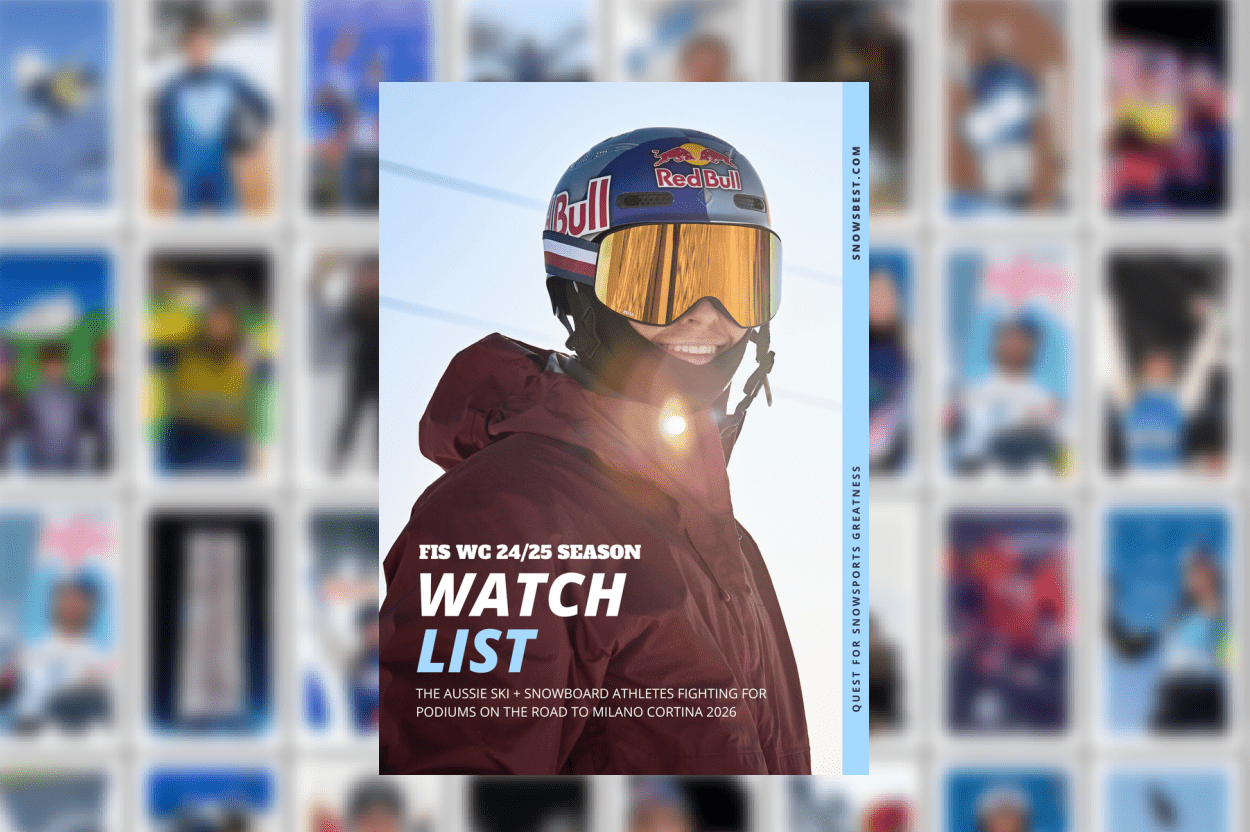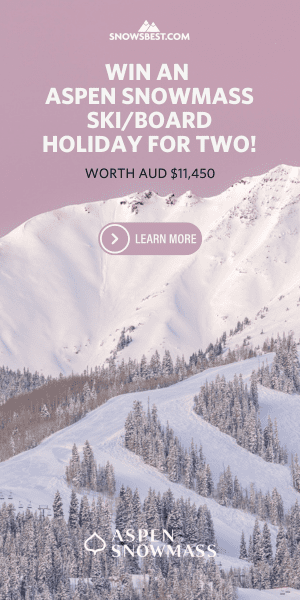In a ski and snowboard world filled with mega passes and hi tech lift systems it’s refreshing to know there’s a pocket of old school ski resorts yet to be touched by neon lights and corporate dollars.
You’ll find this pocket in Northern British Columbia in Canada up near the towns of Terrace and Smithers, filled with resorts that deliver on community, where life is slower, where turns are earned and where the big smoke is far enough away to keep the masses at bay.
Imagine a co-operative non-profit resort, a resort just for backcountry and one that calls itself “North America’s Last Authentic Ski Resort”.
Well imagine no more, a mere 90 minute flight from Vancouver over snow capped peaks that go on for miles and I’ve landed in a time when ski resorts were for locals. Here’s three of the best.
Hudson Bay Mountain – the Last Authentic Ski Resort
Skiing at Hudson Bay is skiing Canadian history. It started as a backcountry zone in the 1930s when Norwegian and Swedish skiers immigrated. In the 1950s ski touring enthusiasts built cabins among the trees, many of which are still scattered through the resort.
In the late 60s a lift was installed – powered by a Volkswagen engine and an aircraft cable. With this addition the day ticket price tripled – to three dollars.
Bring back the good old days, eh?
Now an adult day ticket will set you back $79. There’s one chair and two T-bars. You get 533m vertical and 700 acres of terrain to play with and the area gets four metres of snow annually.
Hudson Bay Mountain is the kind of place where you know everyone by name and have long coffee breaks.
“No one’s in a rush here,” says Brian Peech, Director of Marketing for Northern BC Tourism.
On the chair we discuss our experiences at other resorts, the troubles with powder fever and the angst you feel when the traffic is slow, the car parks are full and the lift lines are brimming with impatience. I ask Brian about the lift lines at Hudson Bay on a busy day.
“They don’t happen,” he shrugs. I press on and ask what the biggest line is that he’s ever seen at the resort.
He considers for a second and shrugs again: “About five people?”
View this post on Instagram
Hankin-Evelyn – the backcountry only resort
Hankin-Evelyn is the brainchild of Brian Hall. He wanted an area where you could enjoy skiing without having to reach into your wallet while nurturing the growing sport of ski touring.
“Backcountry skiing was starting to take off in a big way and I could see folks, especially less experienced, looking for more options to get out into the mountains.”
We’re hitting the skin track at Hankin-Evelyn Backcountry Recreation Area. Admittedly I’m here during a less than stellar snow season, the usual metres of snow that lure core skiers up this way are below average but looking across the mountains you can imagine a bumper season.
Hankin-Evelyn has over 9,000 acres of land reserved for backcountry touring, with 13 cut runs through the trees and a beautiful warming hut at the top, complete with a fireplace where we huddle and enjoy a charcuterie board Brian has stashed in his pack. Above the hut, multiple alpine bowls await exploration when the conditions are right.
The “resort” is looked after by volunteer members who cut the runs in summer, plough the snowy road in winter and maintain the trails. The dream is kept alive via membership fees and local businesses like the Bulkley Valley Credit Union.
And the profits? There are none, except for good vibes.
“The reward has been seeing the joy and connection it has brought to the community,” says Hall.
I take note of the beacon gates and trail maps to help keep people on track. But today we’re lead by Northern BC local Hans Mundhenk, ACMG Ski Guide and owner of Little Cedar Services. With avalanche conditions low, we continue to a ridge above the hut and enjoy spring turns in the alpine. We don’t see another party all day, and the lack of snowmobiles means that often the only noise is the zing of our skins on the snow.
Shames – Canada’s first non-profit community service co-operative

Hans is back to guide us and we drive through the Valley of Certain Doom. Craning my neck up in the car, I see scary steep terrain that belongs in Alaska ski films, no surprise as we’re only about 100km from the southern end of the Alaskan border.
“As far as ski travel goes, you don’t get more off the beaten track than Terrace,” says Hans.
But Shames feels friendly and open. After all, it’s a mountain for the people. When the original owners went to sell the resort and no one would buy it, the community came to the rescue. Or tried to. They didn’t raise enough money but the owners decided to sell it to them anyway. Since 2012 Shames is officially owned by Canada’s first non-profit community service co-operative.
“Affordability, sustainability, innovation and collaboration are the four cornerstones of the co-op,” explains Christian Théberge, the General Manager of Shames Mountain.
Affordability is right – the 2024/25 member season pass is currently sitting at $890.40. Kids 12 and under ski free and Lessons, Lift Tickets and Rentals are 50% off for Indigenous peoples.
Collaboration showed up this season when Shames announced it would give a free day pass to anyone with a season pass to a mountain that closed due to low snow.
“An engaged membership of 2,500, united, pointed in the right direction is capable of incredible things,” says Théberge.
Shames may have just one chairlift, a T-bar and a magic carpet, but it receives 12 metres of snow annually. It’s also the gateway to a whole Narnia of backcountry. The terrain is big and consequential. With Hans at the helm, we manage three runs and have lunch in the sun before starting the skin home.
Near the resort boundary I explore a knoll with frayed prayer flags strung between the pines. I look back at our lines carved in the now distant peaks. Backcountry moments like this provide time to reflect on why we do this. Not for clout, for ego, or for endless boundary pushing that fits into the square of a viral video. We do it for love. We do it for passion. We do it for a sense of community.
Northern BC knows this well.
*Alex was a guest of Destination British Columbia with support from Northern BC Tourism and Destination Canada










































